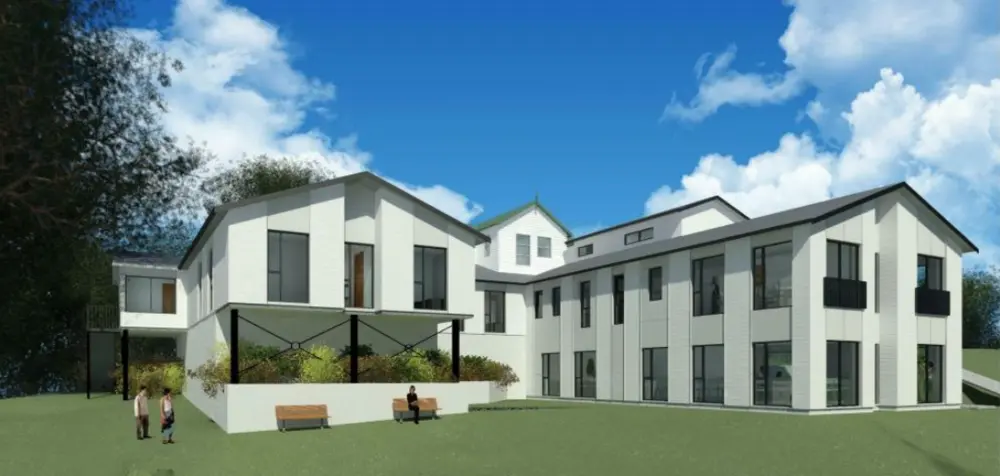News
$8m upgrade of Ashburn Hall to begin in September
Dunedin's private psychiatric hospital and rehabilitation centre is undergoing a major $8 million upgrade.
Ashburn Clinic, a not-for-profit rehabilitation clinic and therapeutic community, is about to embark on its first major construction project in decades.
Work on the clinic - built in the 1880s - involves a $4 million replacement of the main Connolly Wing.
The other $4million will go towards earthquake strengthening and upgrading electrical systems, drainage, fire protection, asbestos removal, professional fees, internal renovation in other buildings, and fitting out in other buildings.
Director of nursing and allied health Monique Lammers said the new wing would include 12 new bedrooms - some with en suites - a sensory modulation room to give patients time out if they needed it, space for arts and crafts and a large space for group meetings.
"It's a huge deal for us,'' she said.
Amalgamated Builders Ltd were due to start construction on the wing, designed by McCoy & Wixon Architects, in September.
The 11-month project would be managed by Feldspar Associates.
Board chairman Clive Matthewson described the clinic as unique, due in part to the democratic atmosphere and the residents being engaged in planning.
"It's very special in the way that patients become part of the management of the place,'' he said.
"[The therapeutic community] is unique, and it's very effective.''
At present the clinic had room for about 50 patients, including inpatient beds and self-care unit beds for patients who were recovering and were able to be more independent, and patients might stay at the clinic for up to 18 months, Dr Matthewson said.
Ms Lammers said the new building would "retain its sense of homeliness'' and would blend into the peaceful environment at the clinic.
It would also include kitchen facilities for patients learning how to cook or regain their cooking skills.
About two-thirds of the institution's inpatients were referred by DHBs around the country - in which case they were funded by the Ministry of Health, or ACC. However, private patients could also be referred by a health professional.
Patients might be struggling with addiction or have a range of major mental health issues, including depression, anxiety and eating disorders, which were frequently seen, but Dr Matthewson said the clinic did not accept people suffering from major psychosis.
"[DHB referrals] have to have exhausted almost all of the options in their region,'' Ms Lammers said.
Medical director Dr Brett Ferguson said the clinic made exceptions for "impaired professionals'' - usually healthcare professionals from other regions, whose privacy might be compromised if they sought treatment locally.
The clinic had saved about $4.6 million for the work from its reserves, and would potentially be looking to fundraise later in the year.
Ms Lammers said due to trauma and post-traumatic stress many patients did not manage to form healthy, sustainable relationships with other people, something learned through living in a therapeutic community.
Many of the people at Ashburn were "amazingly creative'' and had given their feedback on the design of the new wing, saying what would work and what would not, she said.
Patients were also planning to create a mural on the white hoardings put up during the demolition of the existing wing and construction of the building.


